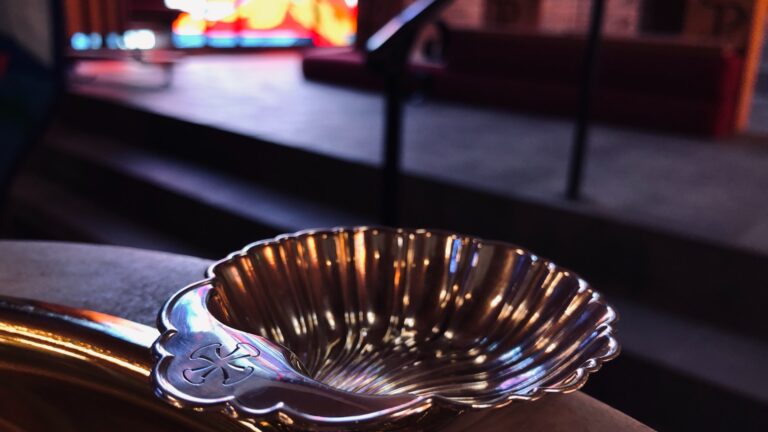THIRTEENTH SUNDAY IN ORDINARY TIME, YR C
1Kg 19:16b, 19-21; Ps 16
Gal. 5:1,13-18; Lk 9;51-62
COMMITMENT TO THE CALL OF GOD
The call of Elisha is unlike what we know regarding the call of the prophets in Scripture. There was no direct communication from God, no dramatic experience. It was Elijah who takes the initiative to call Elisha and even that, there was no verbal communication at the beginning.
When Elijah found Elisha, he threw his cloak over him. The throwing of cloak is a gesture that symbolizes the passing on of authority. Generally, people in positions of authority dress in garments befitting their positions and the inauguration or installation of such personalities include imposition of garments. For example, when the Chief Justice or Speaker of Parliament is being installed, they receive a special kind of garment befitting their office. It was a clear gesture of Elijah indicating that Elisha was chosen to be his successor. In baptism we too receive a new garment indicating our new status in Christ. We live our lives as people who are born anew by the power of the cross and resurrection.
Interestingly, the response of Elisha to Elijah was that of a servant. He never made attempts to exercise the prophetic ministry with Elijah but was a servant to him. In fact, he was known as the one who “used to pour wager on the hands of Elijah” (2 Kg 3:11). It was only after Elijah was taken up into heaven that he received the prophetic ministry and power.
It is important to learn service, for the one who cannot serve cannot lead. Whatever great calling you have on your life will be discovered and properly fulfilled only when you have learned to serve. No one can properly lead if he has never served. This is because leadership is in fact greater service. And whatever vocations we have are essentially calls to service.
The call of God demands total commitment and dedication. What is most enthralling is that, Elisha abandoned all that he knew in order to respond to this call. He left behind his family, his home and his job as a farmer. We are told that he slaughtered all the 12 oxen he was using to plough the field and burnt the yoke as firewood to roast the meat for the poor.
The call of God demands that we make a commitment, to abandon everything without condition in order to place our lives in his hands. In responding to a vocation, we abandon something and embrace something greater. What have you given up since you became a Christian? What have you given up since you became a priest? For your marriage what are some of the things you have given up to embrace a happy and faithful marriage vocation?
The names of these two prophets tell us something about the call of God. Elijah means “Yahweh is God” and it seems that his ministry was to reveal and establish this truth. Elisha on the other hand means “Yahweh is salvation” and he too lived his ministry to establish this truth of God as saviour. Elijah’s ministry was about sin, judgement and confronting the systems of sin while Elisha ministry was full of miracles of food and restoring of life.
Every vocation has these two aspects; the recognition that Yahweh is the only God of heaven and Earth, that He has power and deserves our worship. It is this exercise of his power and sovereignty that he calls us to a vacation. We must respond with profound gratitude and total commitment. It is because our Lord is God that is why nothing is too great to give up to embrace our vocation, be it priesthood, marriage or single life. In responding to God’s call, we become with the Holy Spirit, agents of Salvation in the world. In the exercise of our vocation, we bring the life of grace and salvation to all the people we meet. Whether you are married or in the vocation of priesthood, your vocation is a means of salvation and grace. Our faithfulness and commitment to the vocation is a recognition of God’s sovereignty and the living out of our vocation becomes the fruit of salvation in our souls and the souls of others.
May the Lord grant us the grace to embrace totally the vacation he has given each one of and may our service bear fruits of grace and salvation
God bless you.
BY Rev. Fr. Delight Arnold Carbonu




